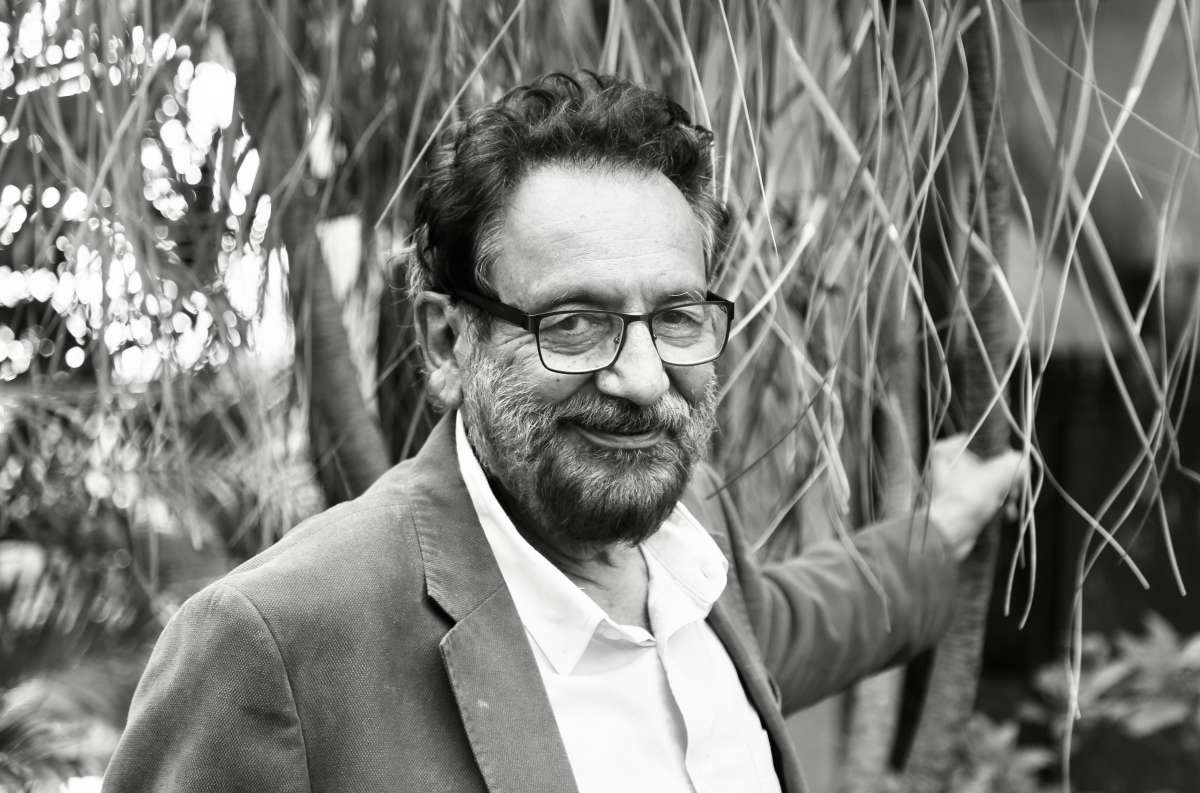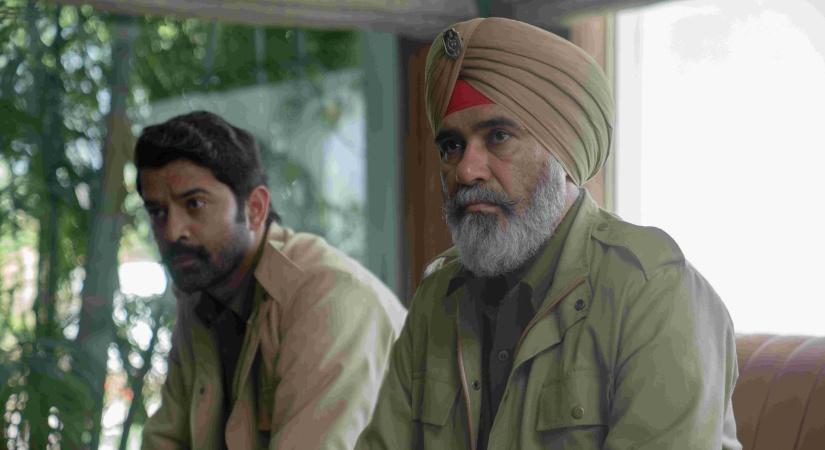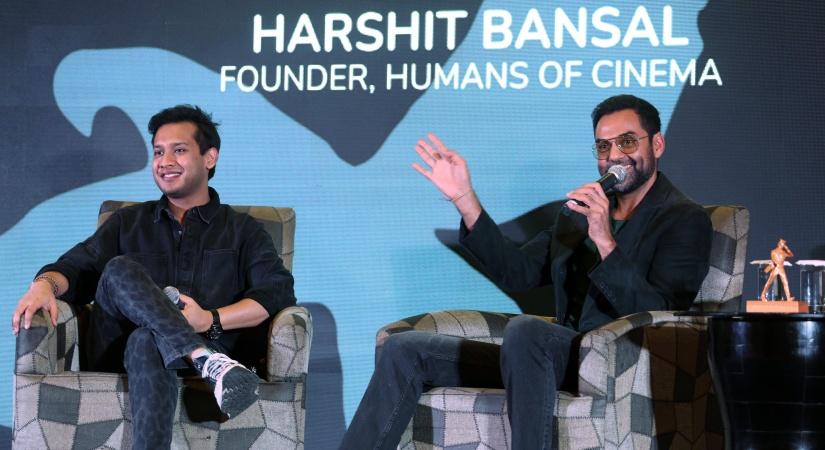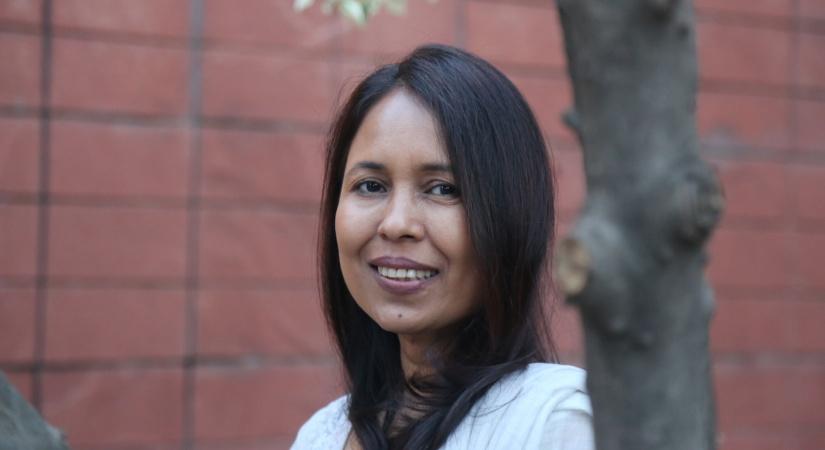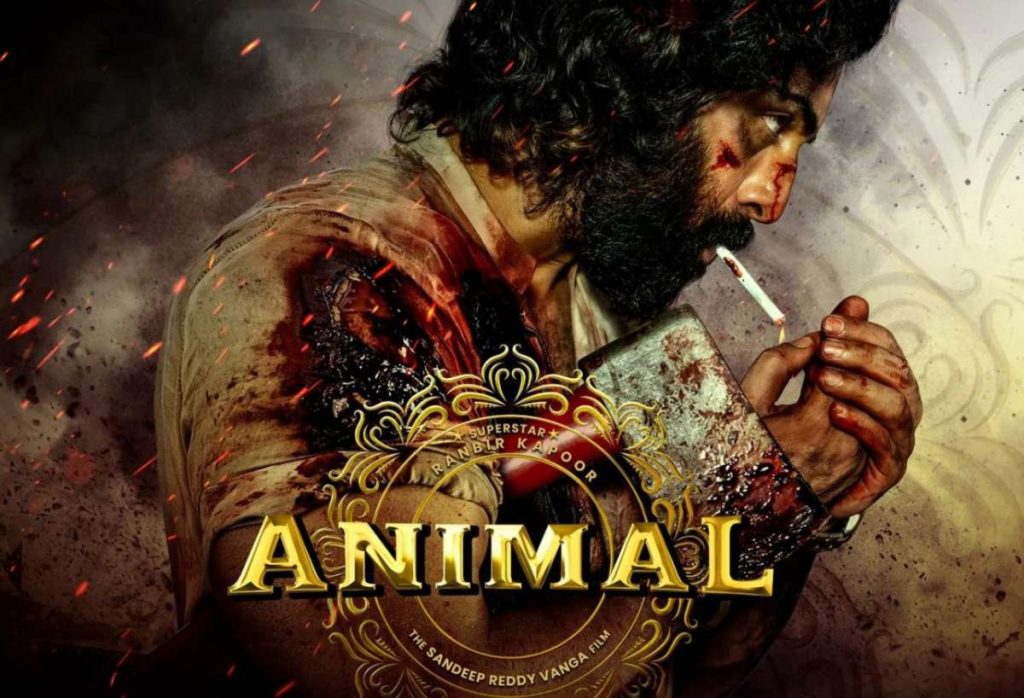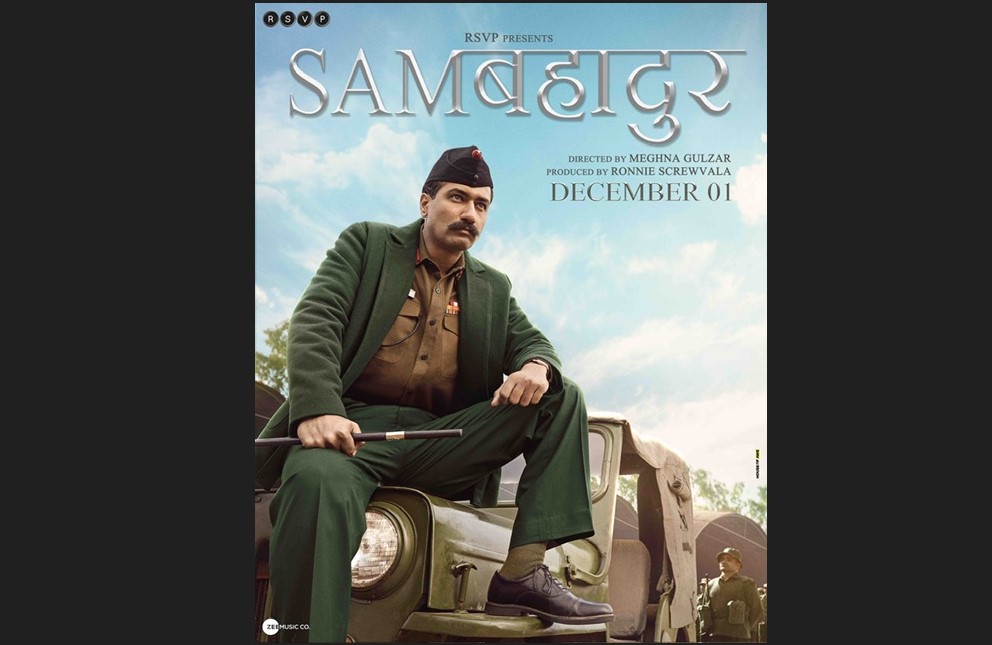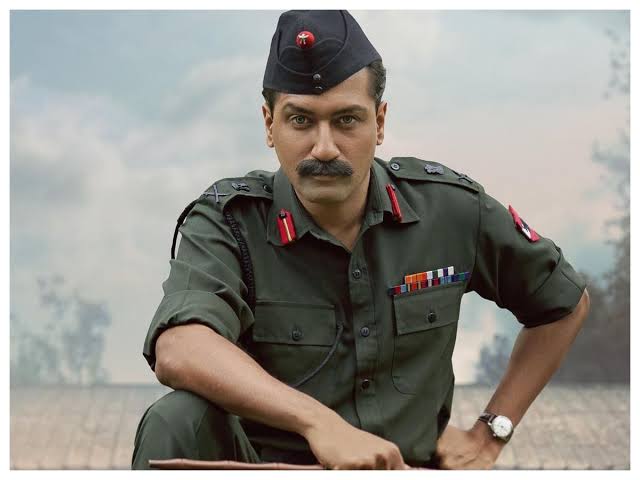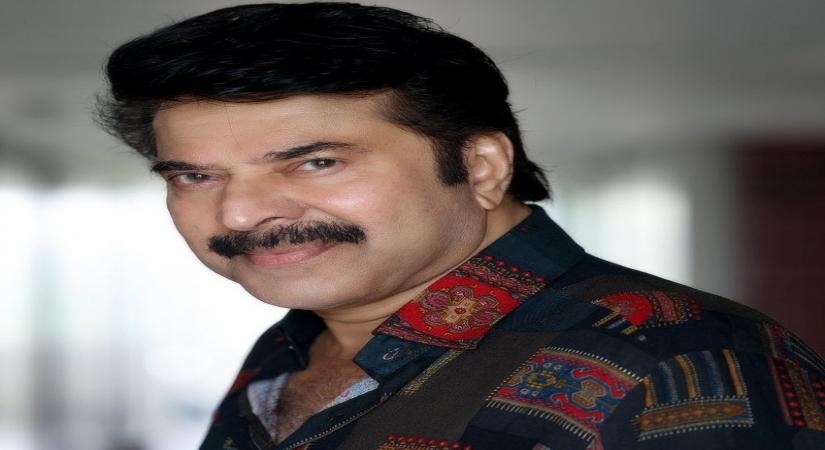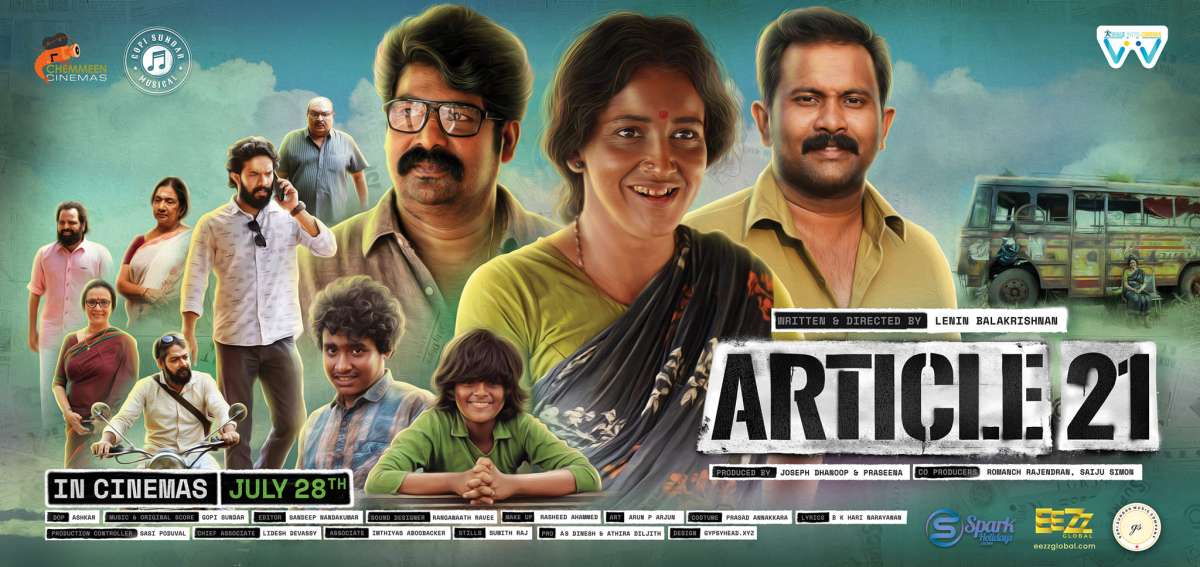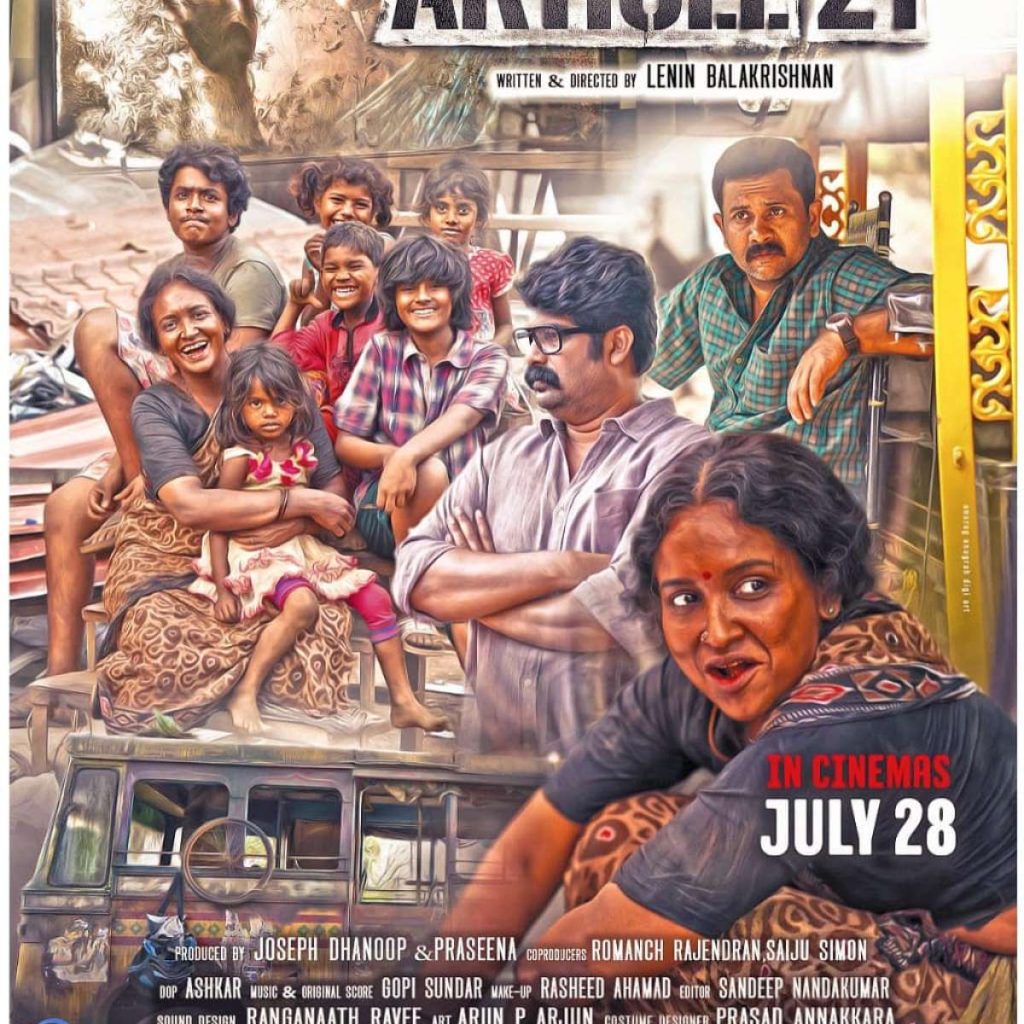Bhaskar Hazarika’s directorial debut ‘Kothanodi’ won the National Award for Best Assamese Feature Film in 2016…reports Asian Lite News
There are multiple complexities, the other world and darkness always seep into his creations. And that is because National Award-winning filmmaker Bhaskar Hazarika very casually says that he has an extremely bleak view of humanity.
“We are forever ruled strongly by our egos. Why should we assume ourselves to be the most heroic of species — only because we have intelligence? This superiority complex has made us destroy so many other beings in the world. Just because we can walk on two legs does not make us special in any way. All these issues guide me when I make films, precisely why my viewpoint is so cynical,” says the director who runs a small studio that just finished its fourth movie. “Now we are making a Hindi horror film as well and an Assamese one too,” he tells IANS.
Bhaskar Hazarika’s directorial debut ‘Kothanodi’ won the National Award for Best Assamese Feature Film in 2016.
Hazarika, whose 2019 Indian Assamese-language romantic horror film ‘Aamis’ was called by many critics the best film to come from India in years and had its world premiere at the Tribeca Film Festival where it was nominated in five categories in the festival’s ‘International Narrative’ section, says the rave reviews of the movie made him feel “validated”.
“It was a tough film to pitch. Everybody thought it would be heavily censored as it dealt with a taboo subject. Precisely why it was given a pastoral look that nothing much ‘happened’ on the screen. However, the ideas conveyed were radical. Much space was given to the audience to imagine. Now, the Censor Board can cut scenes, but not ideas,” he smiles.
While the director took on board fresh faces in ‘Aamis’, to give it a more realistic feel and the fact that it was a low-budget film, he insists he is not against casting known faces. “It depends on the film. If I’m doing a multi-crore film then I would need to,” says this maker of Assamese-language film ‘Kothanodi (‘The River of Fables’) who is all set to work on a big-budget movie.
Post-writing ‘Players’, he decided to stay away from ‘mainstream’ as he insisted that he experienced much “unlearning” during the process. For someone who believes in writing scripts while Bollywood prefers narrations, he also found that aspect unnerving. And then came the long process of pitching.
“Frankly, I think I did a smart thing by walking away from Bollywood as independent cinema gives one a lot of freedom. You do not have to go around telling your story to everyone. And my first film was mostly crowd-funded and made through grants. Now I would like to make bigger films with good stories and strong budgets.
He stressed that when OTT platforms emerged in India, independent filmmakers like him thought they had cracked the code, but the bubble did not last long. “Our films were picked up rapidly. I recovered the cost of my debut film as soon as it was picked up. However, when their offices were set up in the country and Indians took over, they slashed the payments. Now independent films are not even considered,” he laments.
Both Rima Das and Bhaskar work in the Assamese language, but their films always have a universal appeal. “In Assam, our community is very small. We probably have 80 screens, so it is important to reach out to more audiences. We make films which we know will travel.”
The filmmaker, who was at the recently concluded CineVesture International Film Festival in Chandigarh, feels it is important for audiences to explore diverse cinema and understand that it is not just for entertainment or about big stars. “Schools too should work towards cinema literacy. I have been to many screenings of many fantastic films being shown here. However, it would have been better if attendance by Chandigarh residents was higher,” he concludes.
ALSO READ-Bite sized deliciousness: Laddooh by Chef Sugandha Saxena


